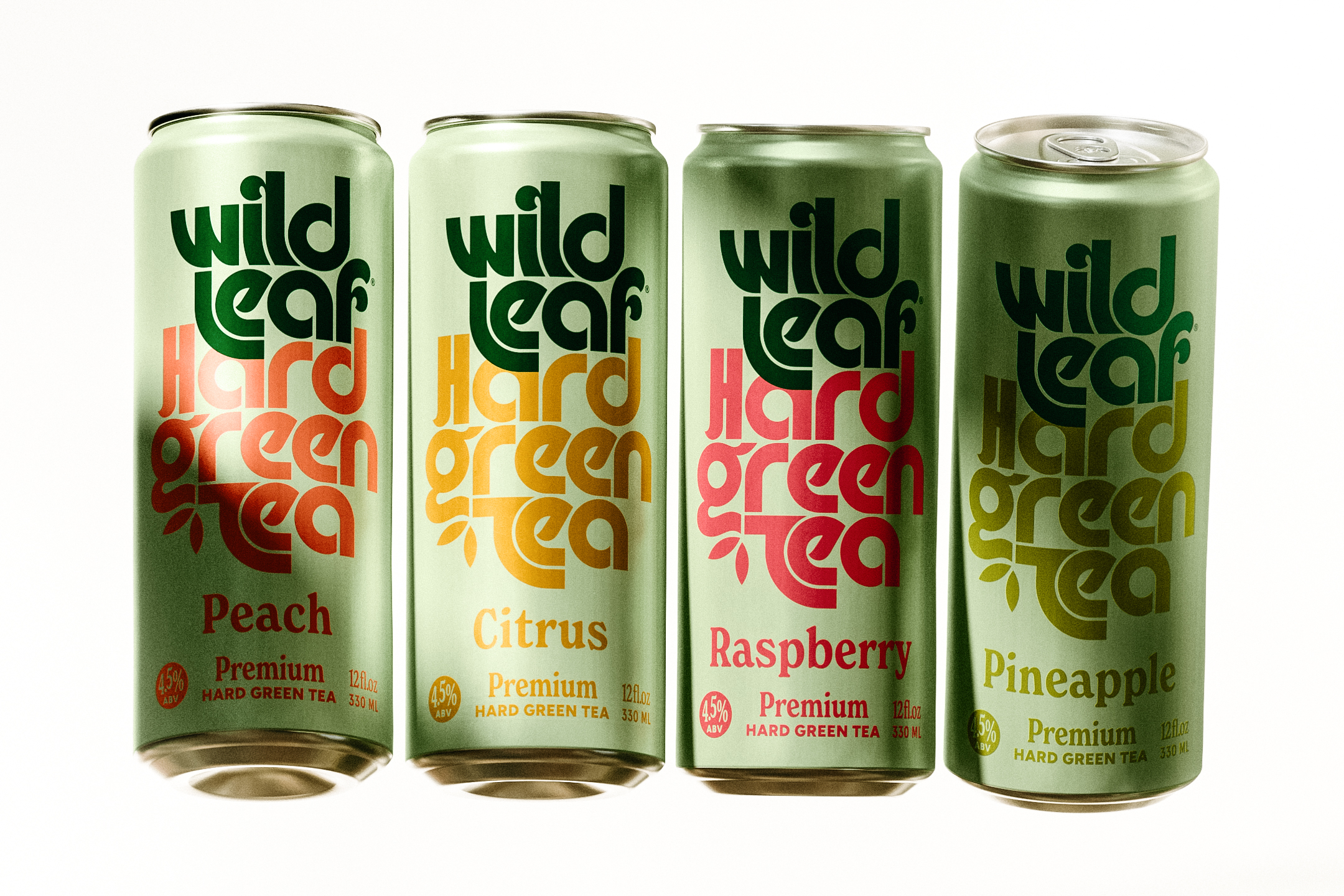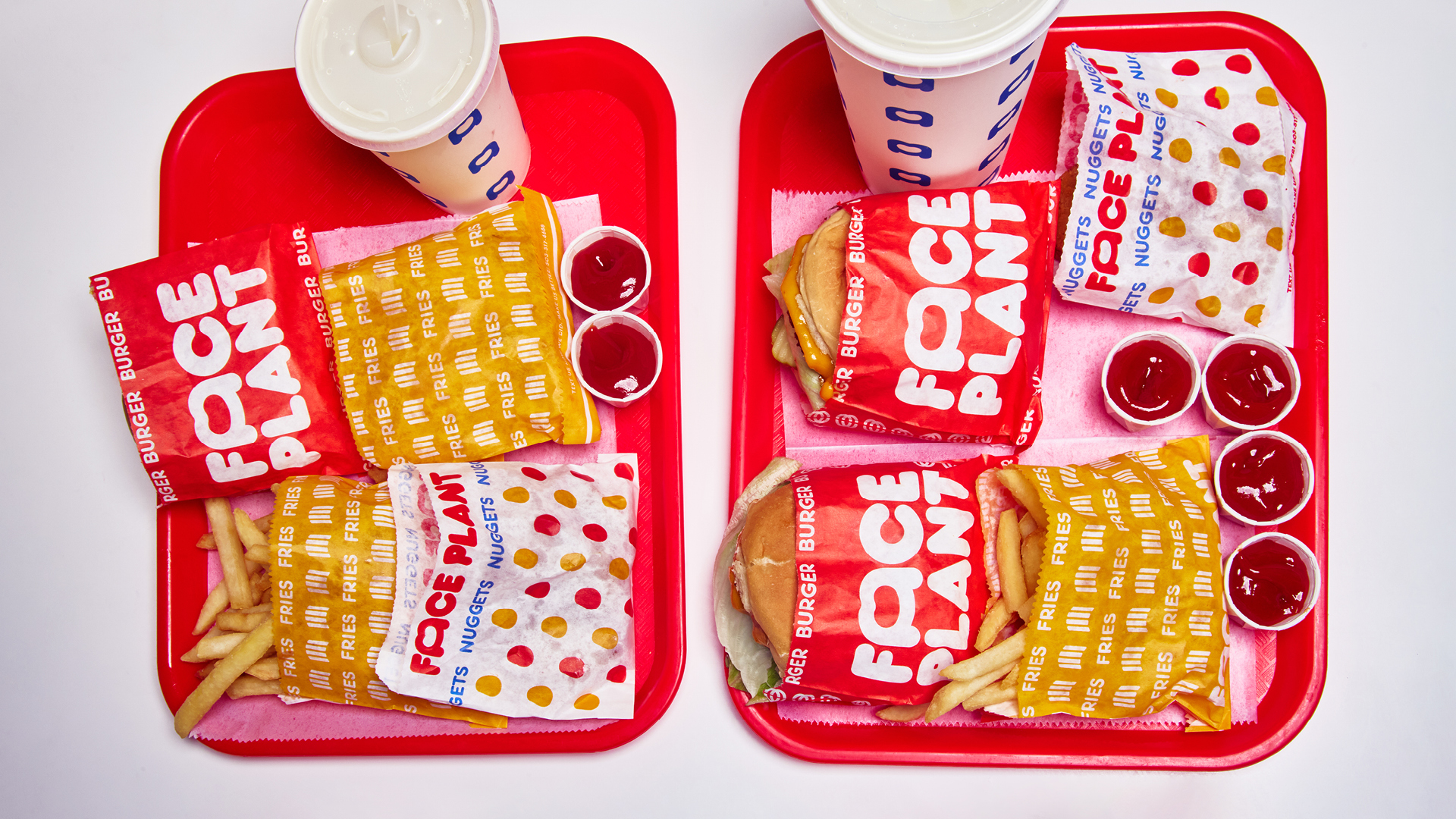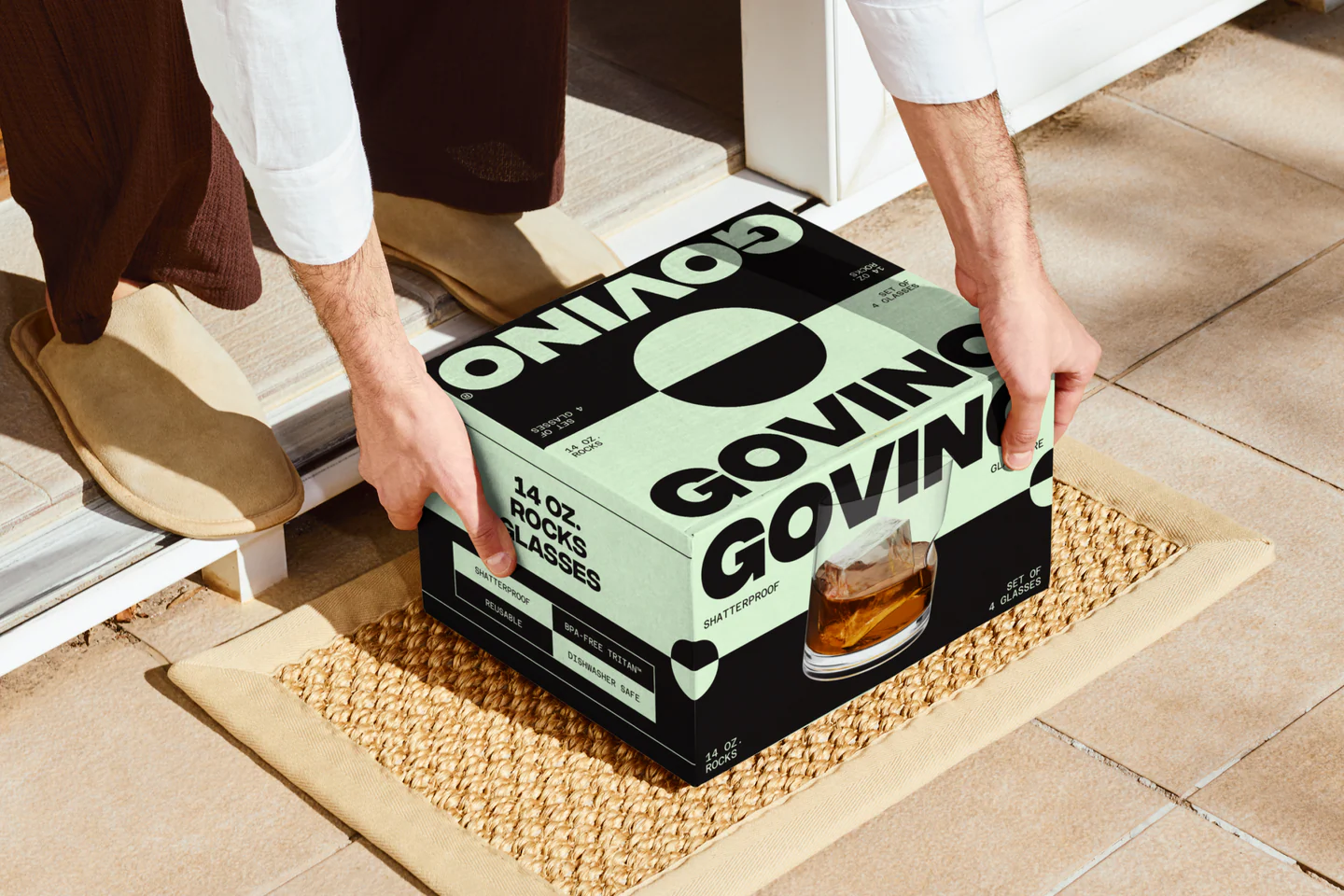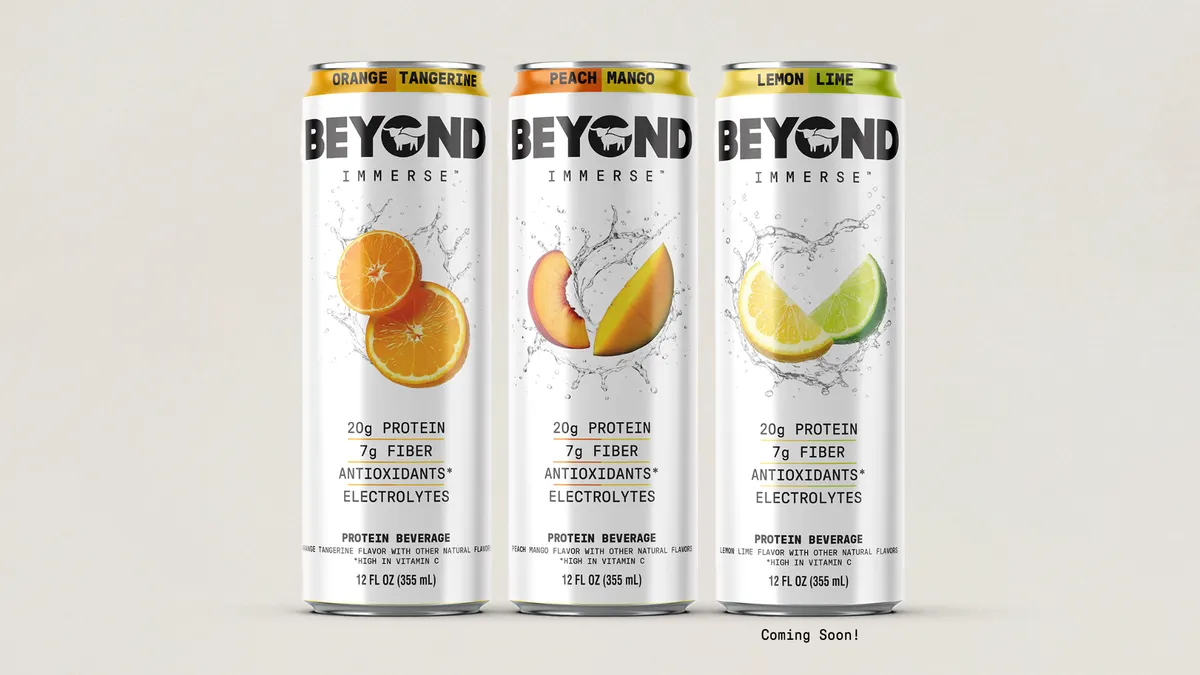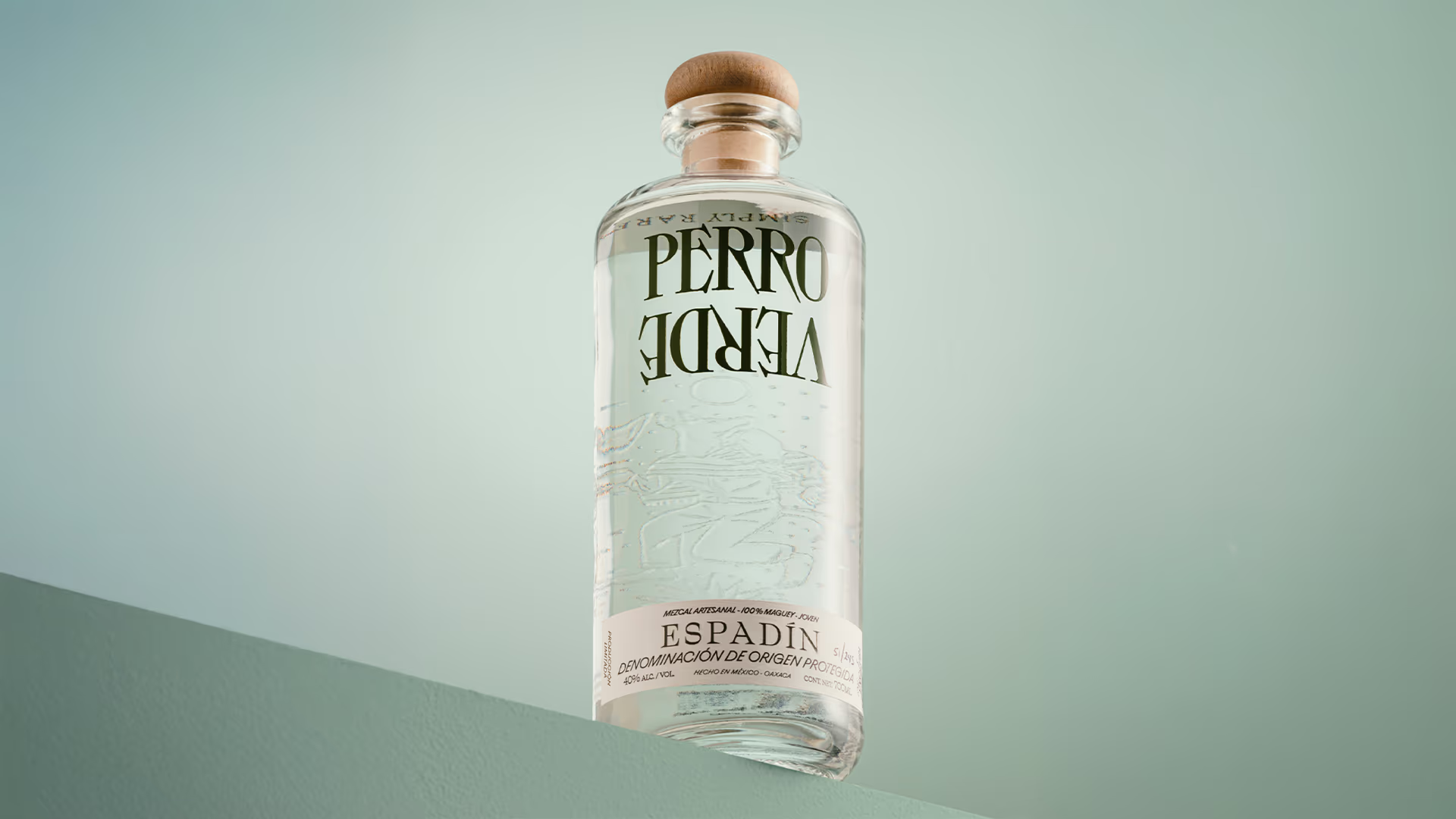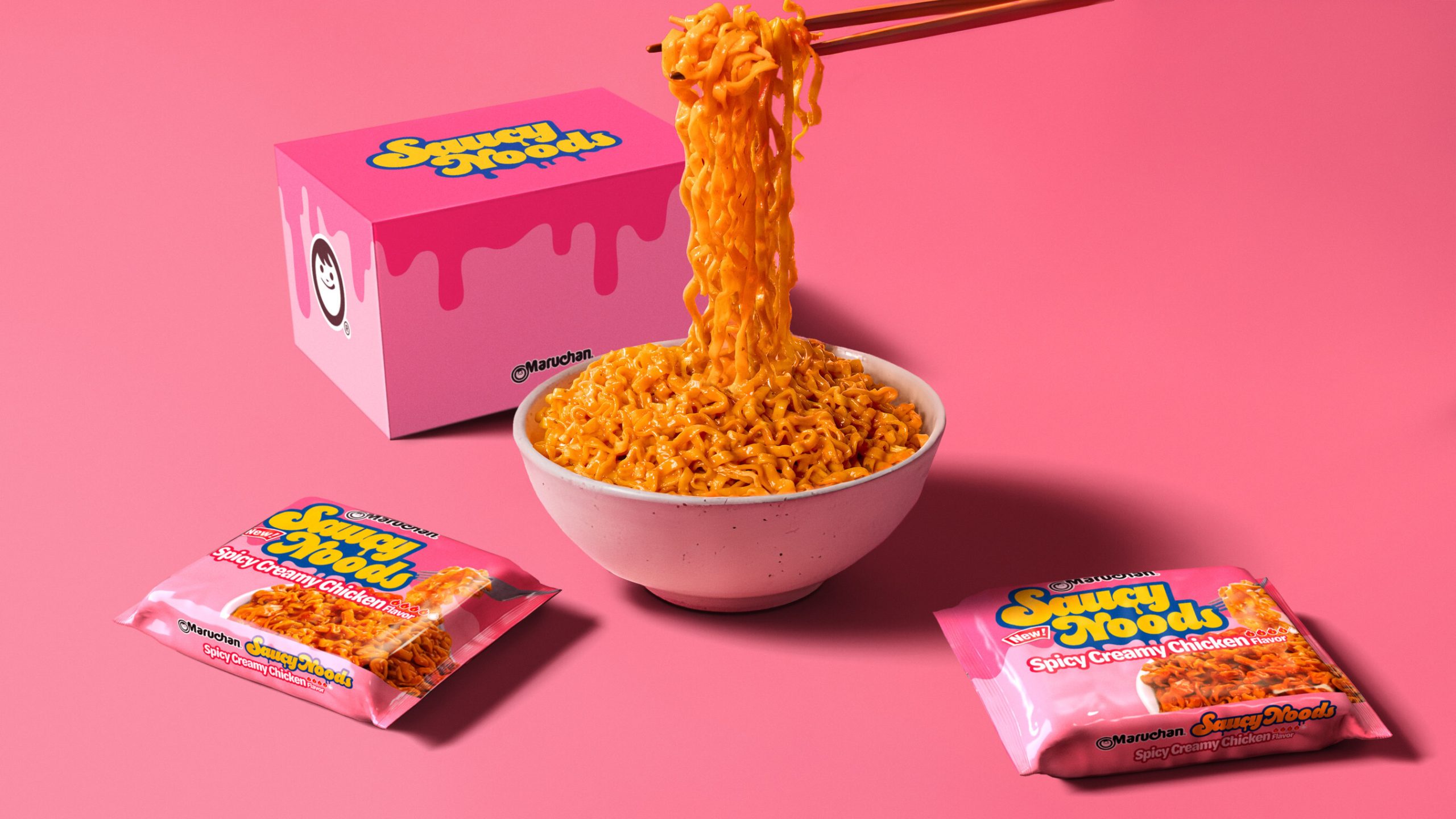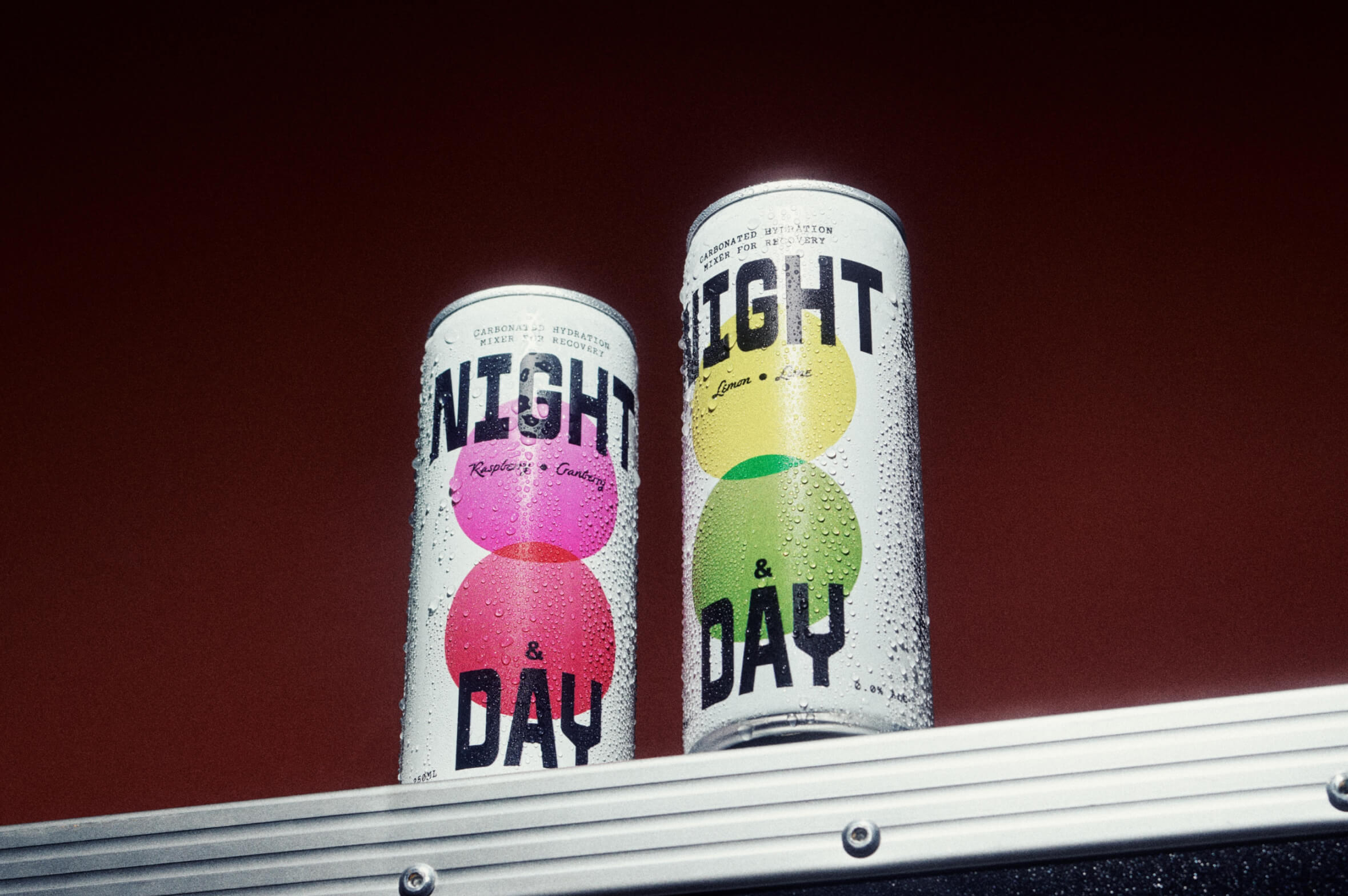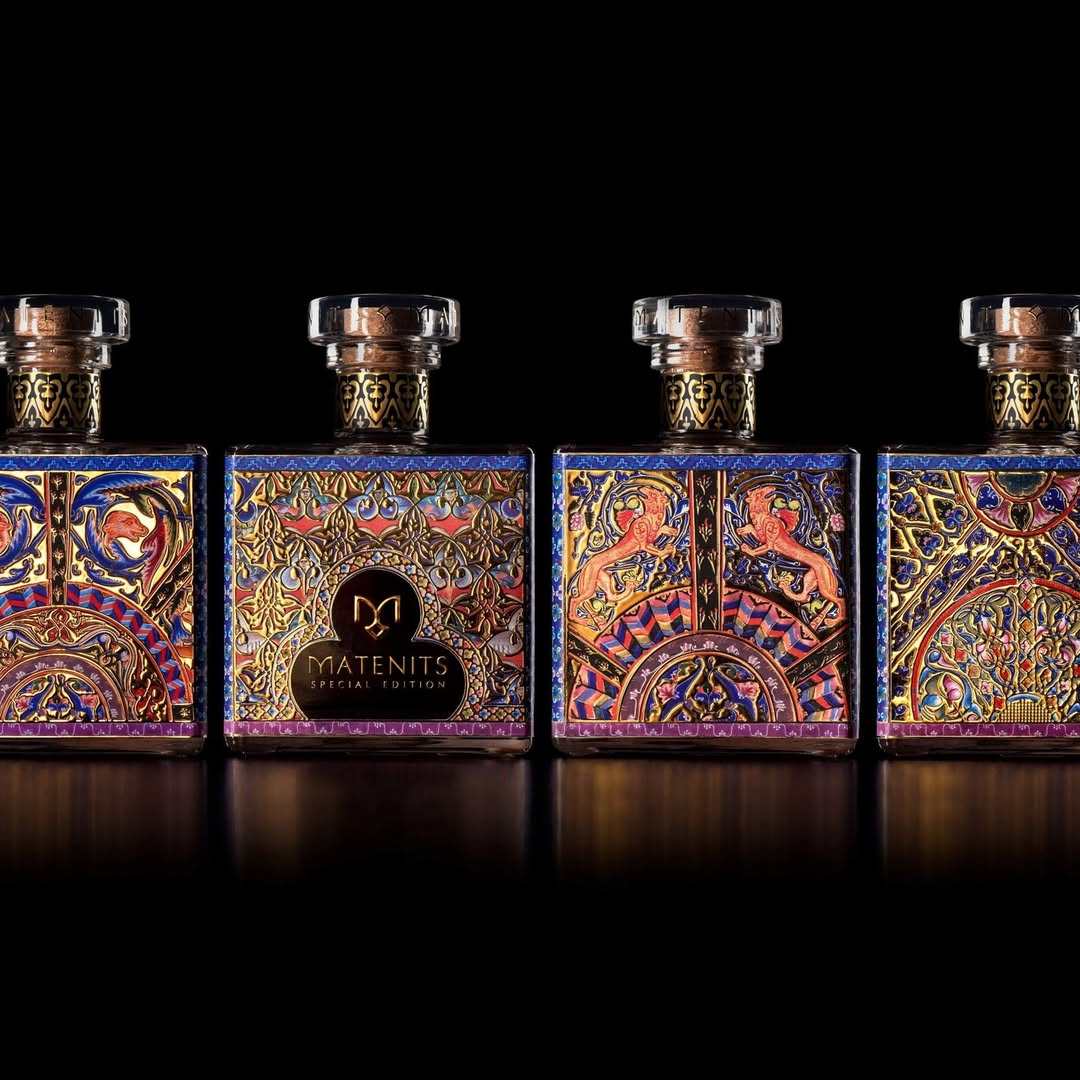

“Do you dare?” I can remember the exact breathy voice Britney Spears used in the commercial for her new perfume, Curious. I couldn’t wait to get my hands on a bottle. I was hardly a fan of hers; rather, she represented something which I desperately wanted to be.


